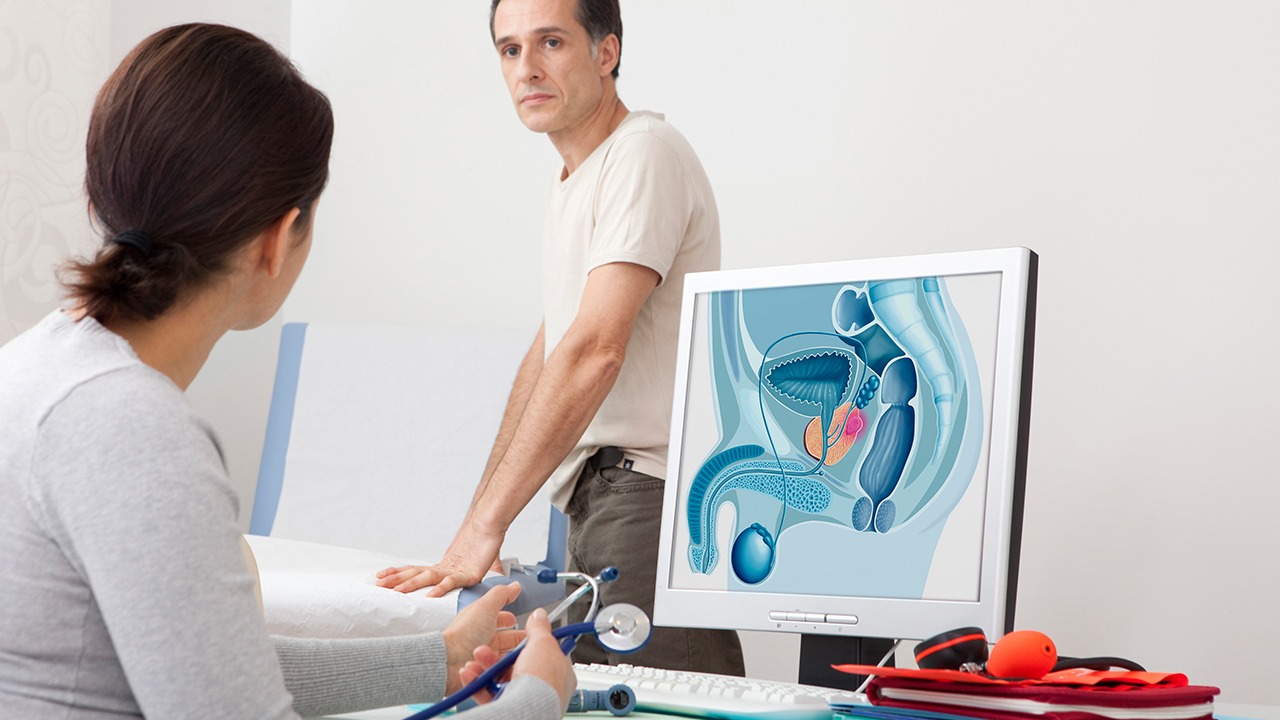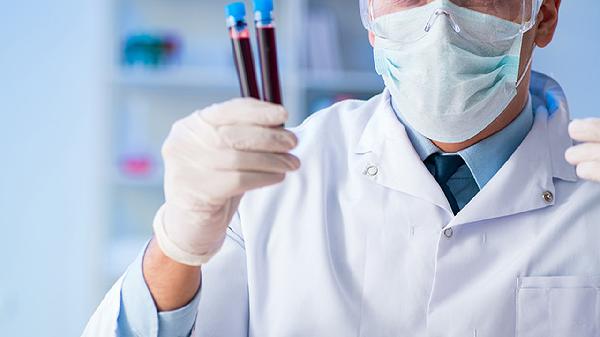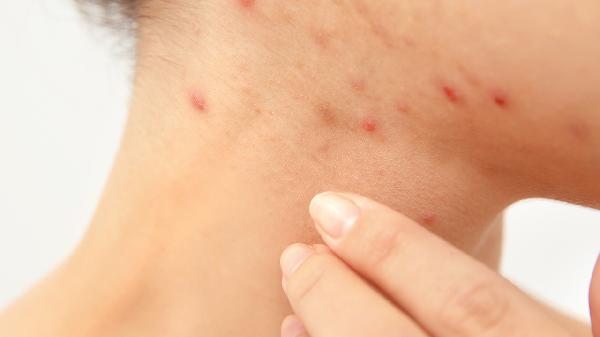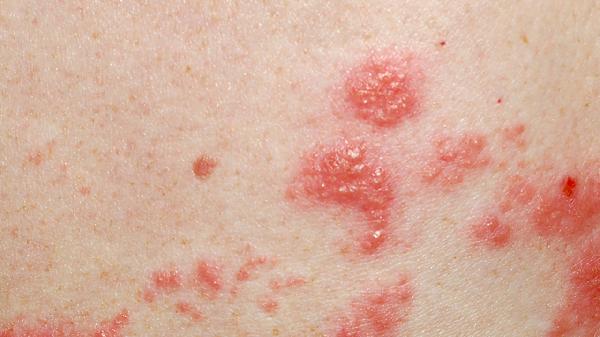People should not ignore the existence of gonorrhea. If one contracts gonorrhea, they should be aware of its impact and pay attention to treatment methods. Gonorrhea can recur, and its effects are numerous.
What are the reasons for the repeated occurrence of gonorrhea?
1. Irregular and improper treatment leads to drug resistance in bacteria: In traditional treatment of gonorrhea, irregular treatment and the abuse of antibiotics (using the most advanced antibiotics regardless of the condition) are common. Studies show that over 90% of gonococcus strains are resistant to penicillin, and over 70% are resistant to spectinomycin. Resistance to ceftriaxone is also increasing year by year. This makes traditional drug treatments less effective, increases harm to organs, and makes the disease difficult to cure and prone to recurring.

2. The etiology and pathogenesis of gonorrhea are complex, and traditional treatments are singular: Clinical evidence shows that the onset of gonorrhea is not caused by a single factor or pathogen. Its onset is complex and variable, and it often occurs alongside other urogenital diseases such as prostatitis and epididymitis. During treatment, gonococcus can easily hide in these reproductive organs. If these conditions are not treated concurrently, the efficacy of the treatment is significantly reduced.
3. Newer strains of bacteria have increased toxicity, harmfulness, and resistance to eradication: Clinical analysis has found that many new strains of gonococcus have emerged. These strains have significantly different physiological characteristics compared to previous ones. The new strains cause greater harm to normal tissue structures, have increased toxicity, and are adept at evading the killing effects of antibiotics and the immune system. Traditional treatments are often unable to completely eradicate them.
4. Lack of specialized diagnosis and treatment, leading to delayed treatment: Clinically, there is a shortage of specialized diagnosis and treatment, as well as effective treatment methods and technologies. Patients report that many doctors in hospitals do not confirm whether it is gonorrhea or whether it is cured. They blindly administer injections and prescribe medications, which not only complicates treatment but also delays effective treatment, severely compromising health.
5. Multiple factors lead to increased complications and severity of the disease: Various factors contribute to the increase in complications of gonorrhea and the severity of damage to affected organs. For example, chronic gonococcal prostatitis, orchitis, epididymitis, female salpingitis, and endometritis can ultimately lead to infertility. Chronic inflammation of the posterior urethra and prostate can cause bladder neck fibrosis, leading to incomplete urination, frequent urination, urinary retention, and urethral stricture. Pelvic inflammatory disease in women can cause irreversible damage leading to infertility. Therefore, gonorrhea poses serious risks to human reproductive and overall health and must be actively prevented and treated with high importance.
To prevent gonorrhea, one must avoid unclean sexual activities.
As the name suggests, sexually transmitted diseases are primarily spread through sexual contact, and gonorrhea is one of them. Nowadays, people are becoming increasingly "casual." Phenomenons like "one-night stands" and "partner swapping," which are hard to comprehend, are becoming more common. People's views on sex have reached a level that many older generations find hard to keep up with. Disordered and inappropriate sexual activities directly contribute to the spread of many sexually transmitted diseases.
Sexually transmitted diseases are mainly spread through sexual contact, so all forms of sexual misconduct can facilitate their transmission. This includes extramarital affairs, rape, incest, sexual abuse, prostitution, solicitation, homosexuality, and promiscuous behavior. These activities increase the chances of spreading STDs, especially prostitution, solicitation, homosexuality, and promiscuity.
Prostitution and solicitation are essentially commercial promiscuity. A significant portion of prostitutes and their clients have STDs, making them important sources of transmission. Prostitutes spread STDs to their clients, who then spread them to new partners or spouses. This spreads not only within society but also within families. Therefore, the spread of STDs is closely related to the prevalence of prostitution.
Homosexuality and oral sex can also promote the spread of STDs, especially among homosexual men. Homosexuality primarily refers to anal sex between men. During anal sex, semen enters the anal canal, which can cause semen allergy, alter immune function, and increase the risk of transmitting STDs.
Promiscuous and debauched activities can also lead to the spread of STDs. These involve groups of men and women engaging in orgies, mutual masturbation, rotating sexual partners, and seeking animalistic sexual pleasure and satisfaction. This not only degrades social morals and disrupts social order but also facilitates the spread of STDs.
We continue to call on people to care for their own bodies and engage in appropriate sexual behavior, but some still seek "thrills" at the expense of their own and others' health.
























